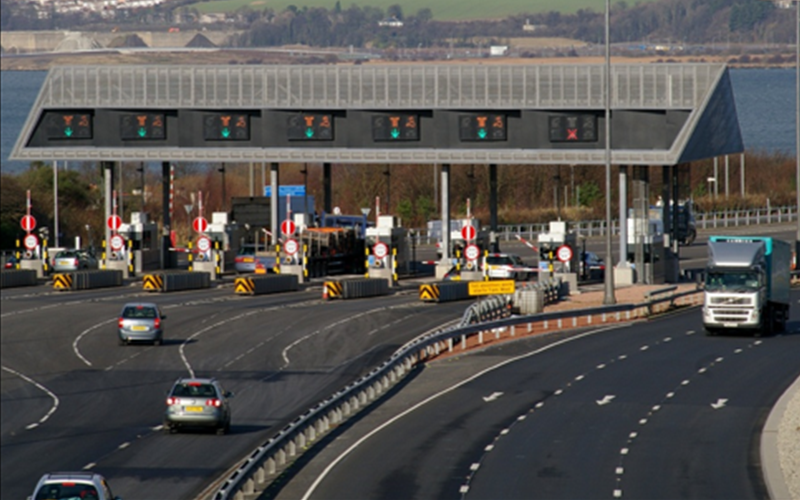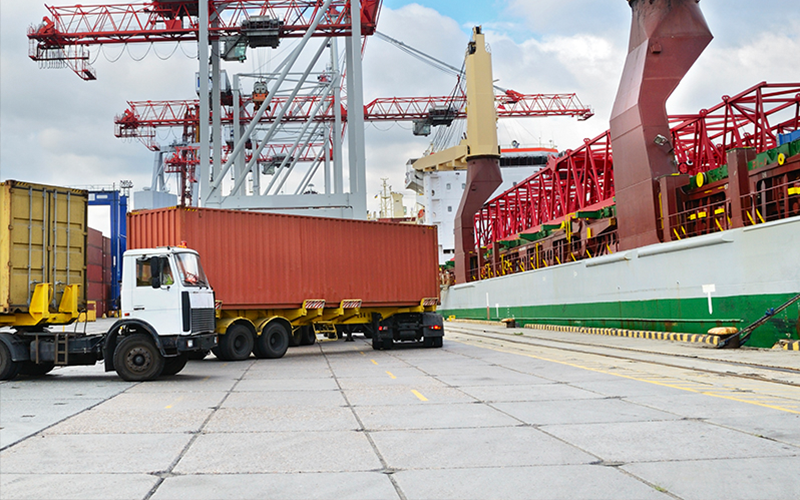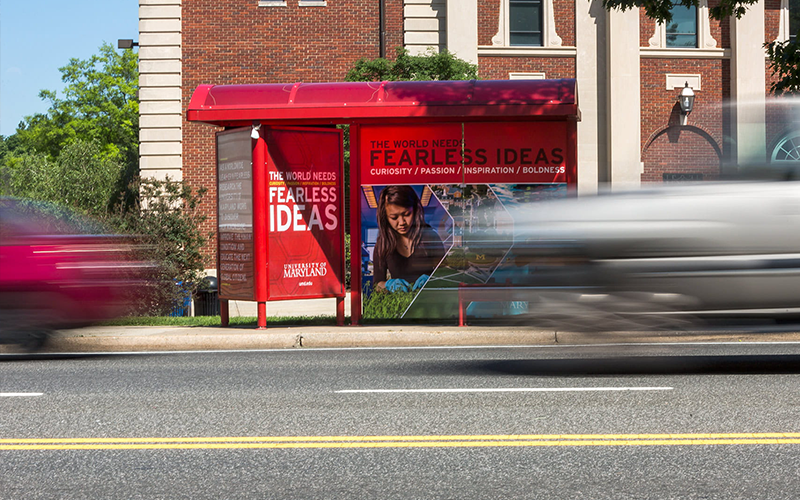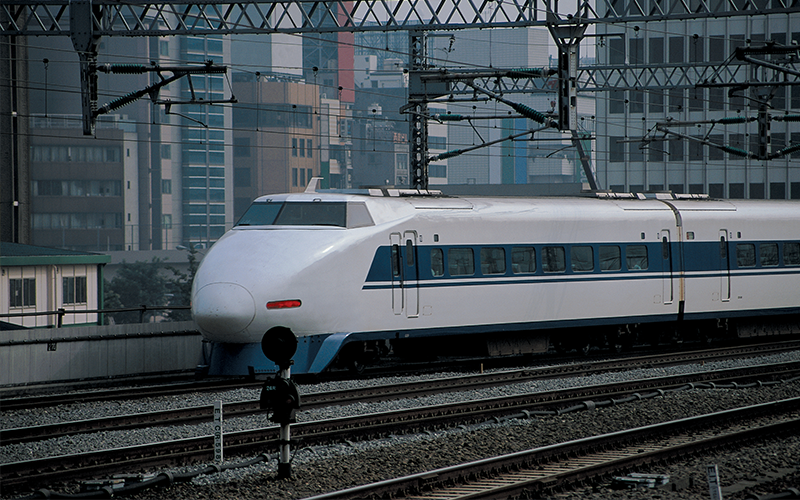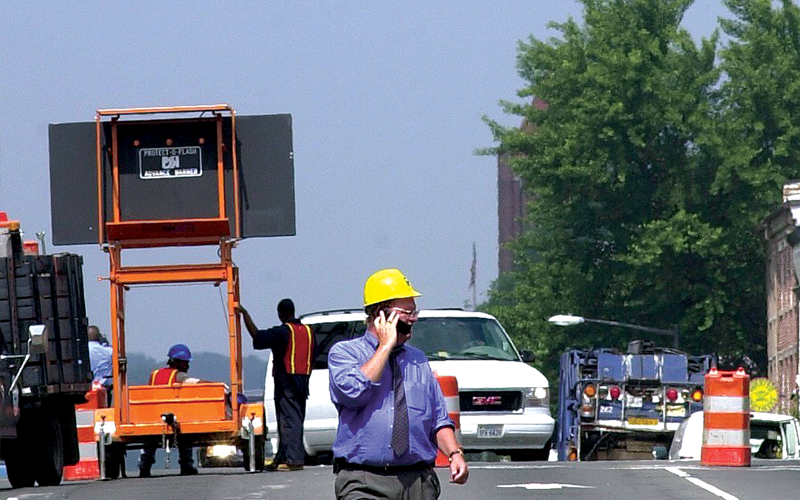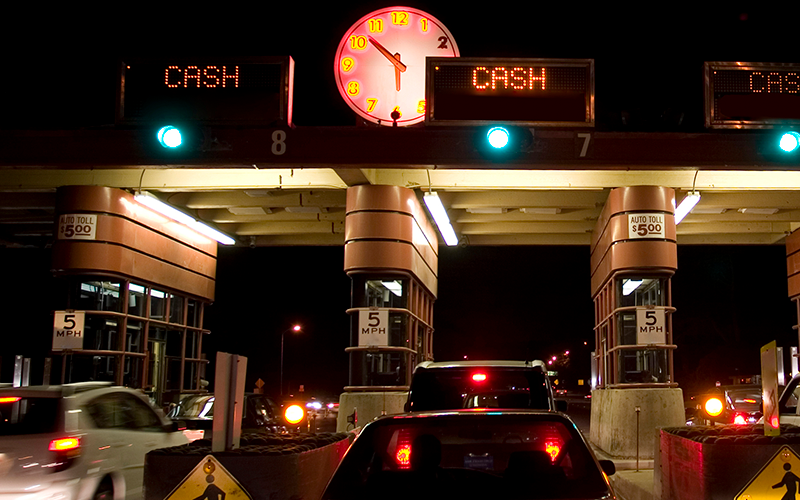NTC Research Projects
[NTC2015-SU-R-05] Minimizing Driver Errors: Detecting Unexpected Targets in Familiar Environments
PI: Melissa R. Beck, Alex S. CohenCritical to the driver’s performance is the ability to detect critical items quickly, however limited cognitive resources are available for the task.
[NTC2015-SU-R-04] Analysis of Funding Streams for Public Private Partnerships in the U.S. Transportation Sector
PI: Mounir El AsmarOne way of leveraging public funds to deliver more projects is the use of PPP methods, which introduce additional private resources to supplement the often scarce public funds.
[NTC2015-SU-R-03] Effect of Traffic Roundabout on Safety in Arizona
PI: Michael MamloukThe main objective of this research project is to evaluate the effect of using roundabouts on crash rate and severity in cities and counties in Arizona.
[NTC2015-SU-R-02] Distributed Traffic Monitoring and Prediction with Vehicle-to-Vehicle Communications
PI: Yingyan LouThe objective of this project is to develop innovative distributed traffic monitoring protocols as well as localized and area-wide traffic estimation algorithms, sustained by vehicle-to-vehicle (V2V) communications alone, to support coordinated transportation operations.
[NTC2015-SU-R-01] The Saturation, Economic, and Energy Effects of Maturing Urban Roadway Networks
PI: Mikhail ChesterNew knowledge is needed to better understand i) how passenger and freight travel is effected by a roadway network that is becoming increasing saturated and ii) how this saturation may affect vehicle travel thereby impacting economic activity and changing transportation energy use.
[NTC2015-MU-R-09] Open Toll Lanes in a Connected Vehicle Environment: Development of New Pricing Strategies for a Highly Dynamic and Distributed System – Phase II
PI: Mecit Cetin, Andrew Collins, Mike Robinson, Lei ZhangThe future driving experience is expected to be vastly different from today’s environment: driverless vehicles will free up passengers and “drivers” allowing them to communicate with fellow road users and infrastructure via vehicle-to-vehicle (V2I) and vehicle-to-infrastructure (V2I) communications.
[NTC2015-MU-R-08] Safety and Travel Time Reliability: Analyzing Large-Scale Truck Involved Crashes
PI: George List, Asad Khattak, Lei ZhangThe key benefit of this research will be the generation of comprehensive information about the extent of large-scale crash events involving trucks, and about high-risk corridors where safety treatments are likely to be most beneficial.
[NTC2015-MU-R-07] Identification of Potentially Hazardous Roadway Network Locations Using Microscopic Observational Vehicle Data and Macroscopically Modeled Reaction Time
PI: Billy M. Williams, Brian WolshonWith the proliferation of technologies for gathering detailed, trajectory-level data from vehicles in the transportation system, investigation into identifying potentially hazardous locations through non-crash driver behavior and non-crash events is well-motivated.
[NTC2015-MU-R-06] Guidance for Field and Sensor-Based Measurement of HCM and Simulation Performance Measures
PI: Nagui Rouphail, Mecit CetinThis research will focus on defining and estimating HCM performance measures for freeways from various field data sources, with an emphasis on automated data collection sources in the form of roadside sensors, probe-based travel time data, and others.
[NTC2015-MU-R-05] Data Fusion Aided Freeway Analysis for HCM
PI: Behzad Aghdashi, Xuesong ZhouThi sproject will facilitate correct data entry and freeway analysis in the context of HCM an dincrease the accuracy of any freeway analysis that are performed under HCM.
[NTC2015-MU-R-04] Development and Demonstration of Advanced Methods for Quantifying Freight Truck Activity, Energy Use, and Emissions
PI: H. Christopher Frey Co-PINagui M. Rouphail, Xuesong ZhouWe will demonstrate how the energy use and emissions of freight trucks can be assessed with respect to the impact of traffic and transportation control measures, changes in fuels (e.g., biodiesel versus diesel), and changes in vehicle technologies (e.g., impact of technologies to reduce vehicle energy use, such as planned under U.S. fuel economy standards).
[NTC2015-MU-R-03] Evaluation of Infrastructure Impacts from Freight Movements near Seaports
PI: Shane Underwood, Bethany StichThe objective of this study is to evaluate the impacts of the ports on the pavement infrastructure in both time and space domains.
[NTC2015-MU-R-02] Developing a Multi-resolution Traffic Simulation Platform for Integrated Active Traffic Operations Evaluation in Metropolitan Areas
PI: Pitu Mirchandani Co-PILei Zhang, Xuesong ZhouWe will demonstrate how all types of decision makers can evaluate strategic and tactical traffic management strategies in metropolitan areas (e.g., adaptive ramp metering, pricing, work zone management), and what the potential benefits of innovative traffic management strategies to mitigate traffic congestions locally or at large scale are.
[NTC2015-MU-R-01] Understanding Regional Disparities in Public Transit Performance Using Realtime Transit Data
PI: Aaron Golub, Alex Karner, Celeste ChavisThis project leverages emerging data sources to ensure that transportation systems are planned and evaluated using the best available data and methods, increasing the likelihood that transit supply and demand will be well-matched.
[NTC2014-SU-R-23] Vehicle Trajectory Tool: Application Pilot for AMS Test bed
PI: Nagui M. RouphailThis research tests an in-vehicle device (i2d) developed by ITDS that senses and disseminates micro-scale vehicle activity to a server in the cloud.
[NTC2014-SU-R-22] Validation of Travel Time Reliability Prediction from Probe Data
PI: Billy M. WilliamsThis research uses available data to test the validity and assess the performance of L08 travel time reliability prediction methods.
[NTC2014-SU-R-21] U.S. National and Inter-Regional Travel Demand Analysis: Person-Level Microsimulation Model and Application to High-Speed Rail Demand Forecasting
PI: Lei ZhangThe objective of this proposed research project is to develop a prototype microsimulation-based national and inter-regional passenger travel demand model for High Speed Rail demand forecasting and other national-level travel analysis.
[NTC2014-SU-R-20] Revenue Management and Operations Optimization for High Speed Rail
PI: Cinzia CirilloThis study proposes a dynamic framework based on discrete choice models developed in the context of railway revenue management.
[NTC2014-SU-R-19] Quantifying the Effects of Manual Traffic Control on Evacuation Corridors
PI: Brian WolshonThe goal of this research is to quantify the effect of manual traffic control on evacuation corridor operations and to develop a quantitative model able to describe the behavior of police officers directing traffic for special events and emergencies.
[NTC2014-SU-R-18] Quantifying and Benchmarking the Delivery Performance of U.S. Public-Private-Partnership (PPP) Transportation Projects
PI: Mounir El AsmarThe proposed study will leverage the extensive previous project delivery research completed by the co-PI’s and will collect comprehensive performance data from PPP projects completed in the U.S. Project performance metrics that will be investigated include cost, schedule, safety, quality, and additional metrics that enhance economic value afforded to travelers.
[NTC2014-SU-R-17] Quantification of System-wide Life Cycle Benefits of Recycled Materials in Highways
PI: Ahmet AydilekThis study develops factsheets on various recycled materials and industrial byproducts that are used in highway construction and a tool by which the state system-wide material use quantities can be used to calculate the life cycle benefits associated with the incorporation of recycled materials and industrial byproducts to highway pavement construction.
[NTC2014-SU-R-16] Port City Challenges
PI: Bethany M. StichThis research seeks to validate the application of CRS&SI technologies to collect data and provide a multi-user, multi criterion decision-making framework for the development and coordination of e-Navigation technology for the maritime industry with the purpose of improving commercial shipping safety and security.
[NTC2014-SU-R-15] Open Toll Lanes in a Connected Vehicle Environment: Development of New Pricing Strategies for a Highly Dynamic and Distributed System
PI: Mecit CetinThe main objectives of this project are to develop a framework for a tolling system in a connected vehicle environment, develop an algorithm to optimize tolls and the number of toll lanes under different traffic conditions, and evaluate how a system will perform and operate in a simulation environment.
[NTC2014-SU-R-14] Objective Decision-Making Tools for Transportation Infrastructure Investment to Combat the Impacts of Sea Level Rise and Climate Change
PI: Elise Miller-HooksThis research effort will develop optimization-based decision tools to facilitate decisions pertaining to infrastructure investments with a focus on freight movements in intermodal transport networks.





